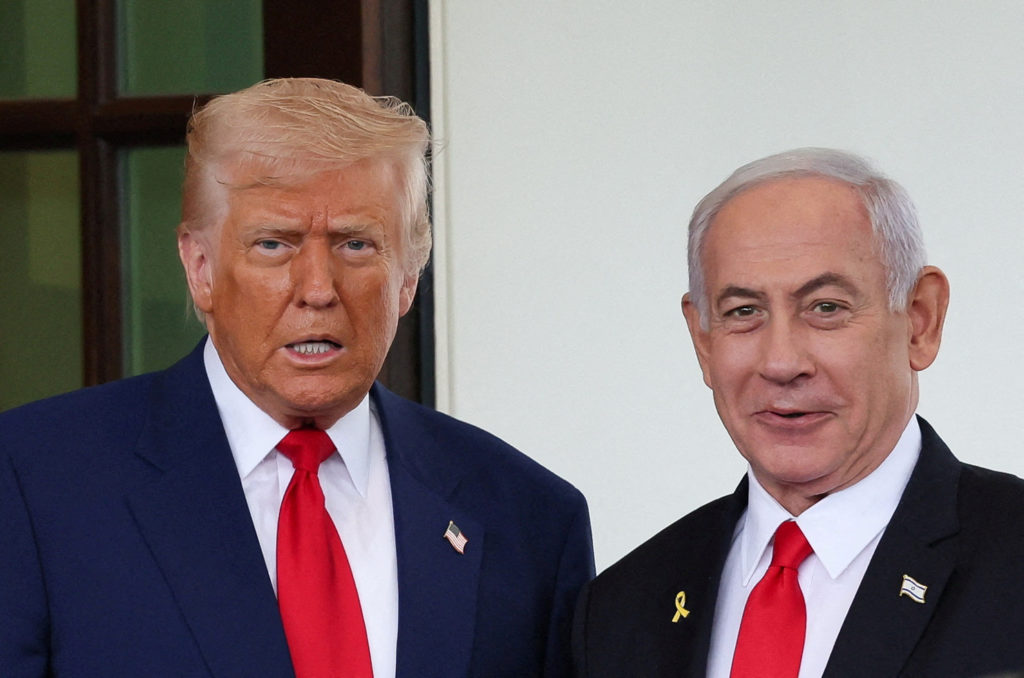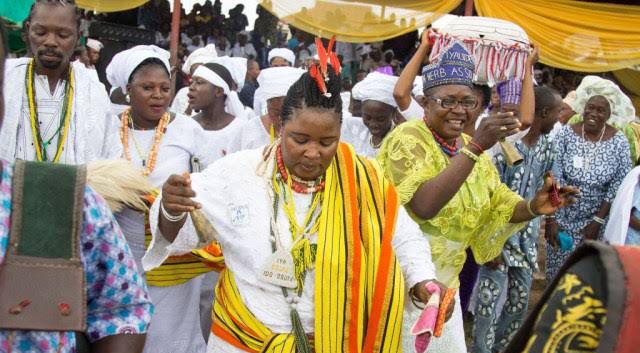
For more than a year, the United States and countries around the world have been battling the Coronavirus, otherwise known as COVID-19. COVID-19 is a respiratory disease that can be transferred between people who are in close contact. It is believed that when an infected person talks, coughs or sneezes, he or she could potentially spread the virus to others within close proximity.
For all intents and purposes, COVID-19 has turned our world upside down. In the early stages of the COVID-19 pandemic, many offices were closed and many schools shut down. People worked from home and students received their lessons via the internet. Stores, restaurants, and churches often still operated but at a reduced capacity. We learned to rely on Facetime, Zoom, and other platforms in order to stay connected to one another.
We took on new practices such as social distancing and mask wearing. We were asked to stop holding gatherings and were asked to wash our hands more thoroughly. Still, with all these practices and interventions, the United States has to date had almost 34 million cases and more than 600000 deaths (and counting).
Now, we heard early on during the pandemic that the Coronavirus has more significantly impacted African-Americans. In fact, studies show that although African-Americans experienced a similar number of cases as whites, they were more likely to die from the disease.
But why is COVID-19 impacting African-Americans so greatly? There are several reasons. For one, it is well-documented that there is no health equity for African-Americans in our current healthcare system. According to a study done by the Kaiser Family Foundation, 11.7% of African-Americans don’t have health insurance as compared to 7.5% of whites. Another reason is that the average African-American does not have the same status in society as some others have. For example, while we were all told to work at home, many African-Americans could not because they often have the jobs in which they can’t stay at home or in which they are deemed “essential.” They often hold the jobs that are in the grocery, transportation, postal service, hospitality, food service, and retail industries. That’s not to say that all African-Americans hold jobs in that category, but just that a significant number do.
There are some people who argue about how the virus started or from whence it came. We could debate that all day long. But the important question is what do we do now that the virus is here.
One thing that public health officials are urging people to do is to take the vaccines that were created to help eradicate the COVID-19 virus. The vaccines started rolling out here in the United States in late 2020. The three vaccines that are available currently in the United States are the Pfizer vaccine, the Moderna vaccine and the Johnson & Johnson vaccine. Public health officials are hoping that getting enough people vaccinated will lead to herd immunity, which occurs when the majority of people are vaccinated. When herd immunity is reached, a disease, in this case COVID-19, is no longer a threat and can’t spread to the majority of the population.
Although the COVID-19 vaccines have generally been deemed safe, there is a lot of hesitancy in the community, in particular the African-American community. African-Americans, as a people, do not have the best history with their interaction with the medical field. Take for example, the well-known United States Public Health Service study of Untreated Syphilis at Tuskegee. During this study, which was funded and approved by the U.S. government, Black people were told they would be treated for syphilis, but subsequently were not treated, even years after the cure of penicillin was developed. Then, there is the story of Henrietta Lacks, a woman whose cells were used for tons of research without her permission. Significant medical knowledge was gained and treatments were found, all without her knowledge that her cells were being used. These examples are things that could make people hesitant about their interactions with the medical community.
There is also within the Black community, and all communities, a fear that the vaccine was developed too fast and a concern that the existing vaccines are not yet approved by the Food and Drug Administration (FDA). Thus far, the vaccines have only been approved “for emergency use only.” This is mostly because of the state of emergency in which we, as a country, find ourselves. After all, we had no real preparation time before the pandemic hit us.
Another source of vaccine hesitancy is the fact that we’re in an information age, and there’s a lot of information out there about the virus and the vaccines. Many people today get their information from the internet, and although the internet is a good resource, it can be full of both good and bad information.
How do we get rid of vaccine hesitancy or misinformation about COVID? Well, experts say that you should consult someone that you trust, say a family physician or a member of the clergy. People who have gotten the vaccine can talk to others who are hesitant to take it, and can tell of their experiences with getting the shots. Another thing that will help lift hesitancy is for the vaccine to be approved by the FDA. Some people are waiting for that to happen before they make their decisions about taking the vaccine.
Besides taking the vaccine, there are some actions that are still good to take as there are now COVID-19 variants, such as the Delta and Lambda variants, for which we should be on the lookout. Although some of these measures have been relaxed for people who have been vaccinated, it is still recommended to continue mask wearing when in crowded places or where there are likely unvaccinated people. Still social distance when possible. Also, you should continue thorough handwashing.
COVID is here, so what should we do as we try to return to normal? Do we take the vaccine or not? Do we wear masks or not? Can we go back to work and school? Do we go back to living our lives as normal or not?
Yes, we all know that COVID is here. So we should take every precaution possible to keep each other safe. We should do our research and thoughtfully make decisions about what additional steps we take, such as whether or not we return to work, school or church or whether to go out to dinner or to a concert or baseball game. We should try to return to living our lives as normal, but maybe it’s a new normal–one in which we are cautious of the disease, but one in which we sincerely care about the health and well-being of our fellow man.
Together, let’s work to CONQUER COVID!
Written by Sharon S. Johnson




